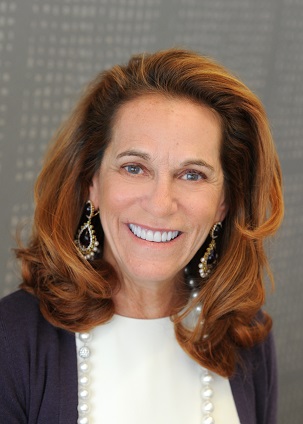On Wednesday, January 20, the United States of America welcomed its first female, Black, and South Asian vice president into office.
Kamala Harris’ ascension to the country’s second-highest political office marks a pivotal point — in politics and our national identity. CNN’s Brandon Tensley and Jasmine Wright might have written the significance of the shift best: “The California senator’s history-making win represents the millions of women in the demographics — often overlooked, historically underrepresented and systematically ignored — who are now the recipients of that new power for the first time in the country’s 200-plus-year history.”
When put in so many words, the symbolic importance of Harris’ position is hard to rebut. But, of course, there will always be those who argue against the point. Some might say yes, okay — but we’ve seen women in higher political positions in other countries. Aren’t the achievements of leaders like Margaret Thatcher, Theresa May, Angela Merkel, and Jacinda Ardern more impressive than Harris’ Vice Presidency?
It’s a complex question. On the one hand, yes — all four leaders have effectively shattered the proverbial glass ceiling by achieving their country’s highest political office. Those victories deserve to be acknowledged and celebrated. But while it is undoubtedly inspiring to see female changemakers ascend to power across the ocean, it’s not the same as seeing them rise in your home country. A sense of limitation, of restriction, remains. We find ourselves thinking, those opportunities might be available elsewhere, but they aren’t accessible here.
Harris’ entrance to the White House effectively proves that line of thinking wrong. True, it would be even more exhilarating to see America’s first female president — but seeing a woman step into the West Wing is nonetheless inspirational. For the first time, a generation of girls will grow up knowing that the doors to the highest echelons of government are not barred to them.
The symbolic importance of this historical moment resonates with me because I understand how difficult it is to be one of the first women to break into a male-dominated field — and how vital the representation you offer can be.
When I first started working in the New York City real estate sector in the 1970s, women’s career paths were limited at best. Generally, female employees worked in lower-level administrative roles. But I knew that I didn’t want to spend the rest of my career as someone else’s secretary; I wanted to be the person owning the business.
Over the next several years, I threw myself into learning everything I could about New York’s real estate industry. I worked at property management firms and went to night school for six and a half years. Eventually, I struck out on my own to found Bach Realty, my first real estate company.
Leaving the security of my job was an intimidating prospect. I had a lot of support from my colleagues and friends — but I also faced a lot of skepticism. At the time, female representation on leadership teams was laughably low; when I built my company, I was the first female CEO in New York City real estate.
But now, I see women building thriving careers in every industry. Women hold leadership roles and set strategic direction at major Fortune 500 companies. When I started my career, the idea that a woman could lead a major corporation was met with dismissal. Now, the mention of it barely warrants a blink. Increased representation naturally opens the door to more diversity in business.
The positive influence that representation affords isn’t limited by sector, either. As Pew Researchers noted in 2018, “Two years after Hillary Clinton became the first woman to win the presidential nomination of a major U.S. political party, and with a record number of women running for Congress in 2018, a majority of Americans say they would like to see more women in top leadership positions – not only in politics, but also in the corporate world.”
Given this data, it stands to reason that Kamala Harris’ rise to the vice presidency could herald a wave of female changemakers in politics and business alike. Doors that were previously shut have cracked open — and through them, we can see the potential for a more diverse and gender-equal future.


